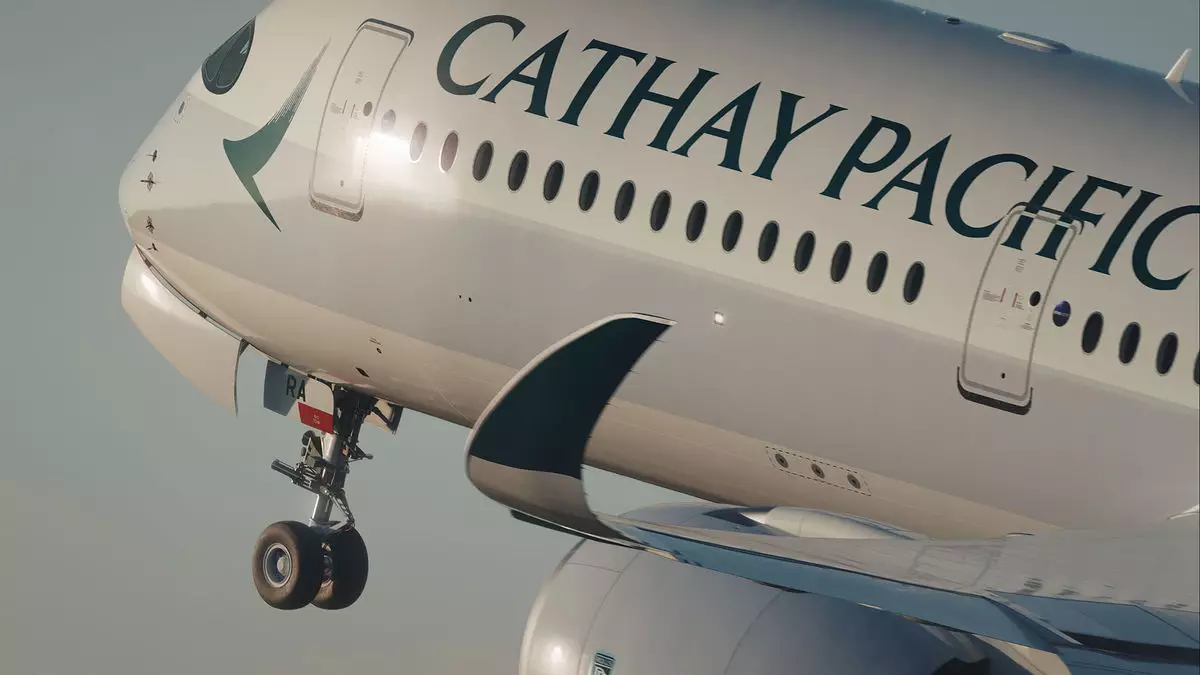Europe’s aviation safety regulator, the European Aviation Safety Agency (EASA), has mandated that airlines conduct a one-time fleet inspection of fuel hoses on certain Airbus A350 aircraft. This decision comes in the wake of an in-flight engine fire that occurred on a Cathay Pacific flight using a Rolls Royce Trent XWB engine.
Following the engine fire incident, Cathay Pacific took swift action by inspecting engines on all 48 of its A350 planes. Out of these inspections, 15 aircraft were identified as needing replacement of engine fuel lines. Consequently, the airline had to cancel a total of 90 flights from September 2 to September 7 to facilitate the replacements.
Industry Impact
The engine-component failure on Cathay Pacific’s A350 aircraft has raised concerns across the industry. Rolls-Royce, the engine manufacturer, has pledged to collaborate closely with airlines and authorities to address the issue. Other Asian carriers, such as Singapore Airlines and Japan Airlines, have also initiated precautionary inspections on their Airbus A350 fleets.
EASA’s inspection requirement specifically targets A350-1000 aircraft powered by the XWB-97 engine variant, affecting 86 planes worldwide. The inspections are to be carried out within a timeframe of three to 30 days, based on the individual engine history. While Airbus has not provided a formal response to the mandate, airlines like Delta, the sole U.S. operator of the A350, are not subject to the inspection requirement due to engine variant differences.
In light of these developments, the aviation industry emphasizes the priority of safety and reliability in operations. With airlines conducting thorough inspections and taking proactive measures, passengers can rest assured that stringent protocols are in place to maintain the highest standards of care. Delta, for instance, reaffirms its commitment to upholding safety and reliability in its global operations despite not being required to conduct the inspections.
The recent fleet inspection requirement imposed by EASA underscores the significance of proactive maintenance and safety measures in the aviation sector. As airlines collaborate with regulatory authorities and manufacturers to address potential risks, the industry’s commitment to ensuring passenger safety remains unwavering. Ultimately, these collective efforts aim to uphold the integrity and reliability of Airbus A350 aircraft in the global aviation landscape.

